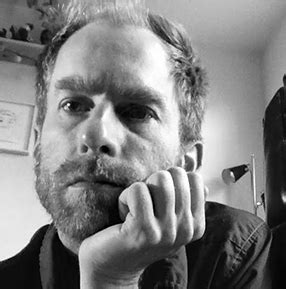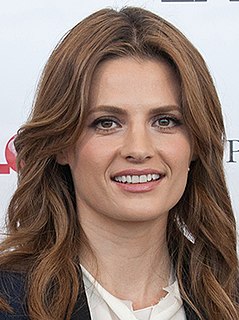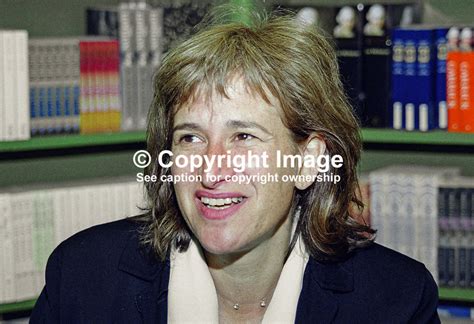A Quote by Rachel Kushner
It's really a misconception to identify the writer with the main character, given that the author creates all the characters in the book. In certain ways, I'm every character.
Related Quotes
If you're reading a book that I've written in the first person, without named characters, you will periodically perhaps as a reader remind yourself: Well, this is or isn't the author. This is a character.I think the second person turns that dynamic onto you, or situates it within you: This isn't really me, but what aspect of the character is really me? That creates a loop of seduction.
In the biographical novel, there's only one person involved. I, the author, spend two to five years becoming the main character. I do that so by the time you get to the bottom of Page 2 or 3, you forget your name, where you live, your profession and the year it is. You become the main character of the book. You live the book.
I don't know quite how a story develops in my head. It is a bit chaotic. If I am working on a series, one of the main characters at least is already in existence as well as some setting and minor characters. Finding the other main character can be a challenge. Sometimes this character already exists in a minor role in another book.
Margaret Cavendish was one of the people who came up in the course. That was when I started thinking about her as a character for a book, but my idea was for a totally different book. It had all these characters in it; Samuel Pepys was one of the main characters. He famously wrote these extensive diaries through the period that are really funny and sort of saucy, actually.
When you write a book, you want to have fidelity to the character. Characters and their emotions guide the structure of the novel. The author is aware that there's a certain amount of information she/he has to provide in order to satisfy the reader, knowing that she/he has set something up that must be paid off, but this payment must be made while maintaining fidelity to the characters.
I first heard the term "meta-novel" at a writer's conference in Tulsa, Oklahoma. The idea is that even though each book in a series stands alone, when read collectively they form one big ongoing novel about the main character. Each book represents its own arc: in book one of the series we meet the character and establish a meta-goal that will carry him through further books, in book two that meta-goal is tested, in book three - you get the picture.




































